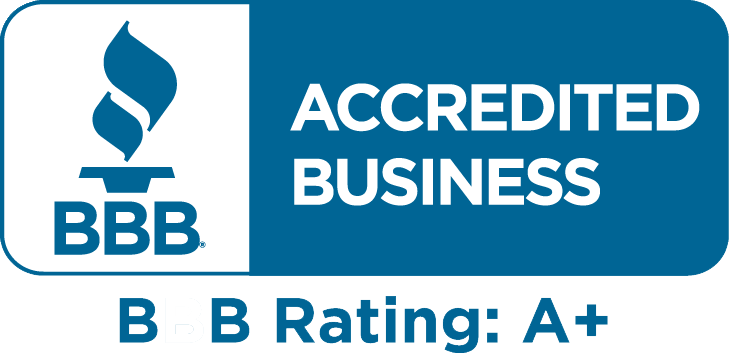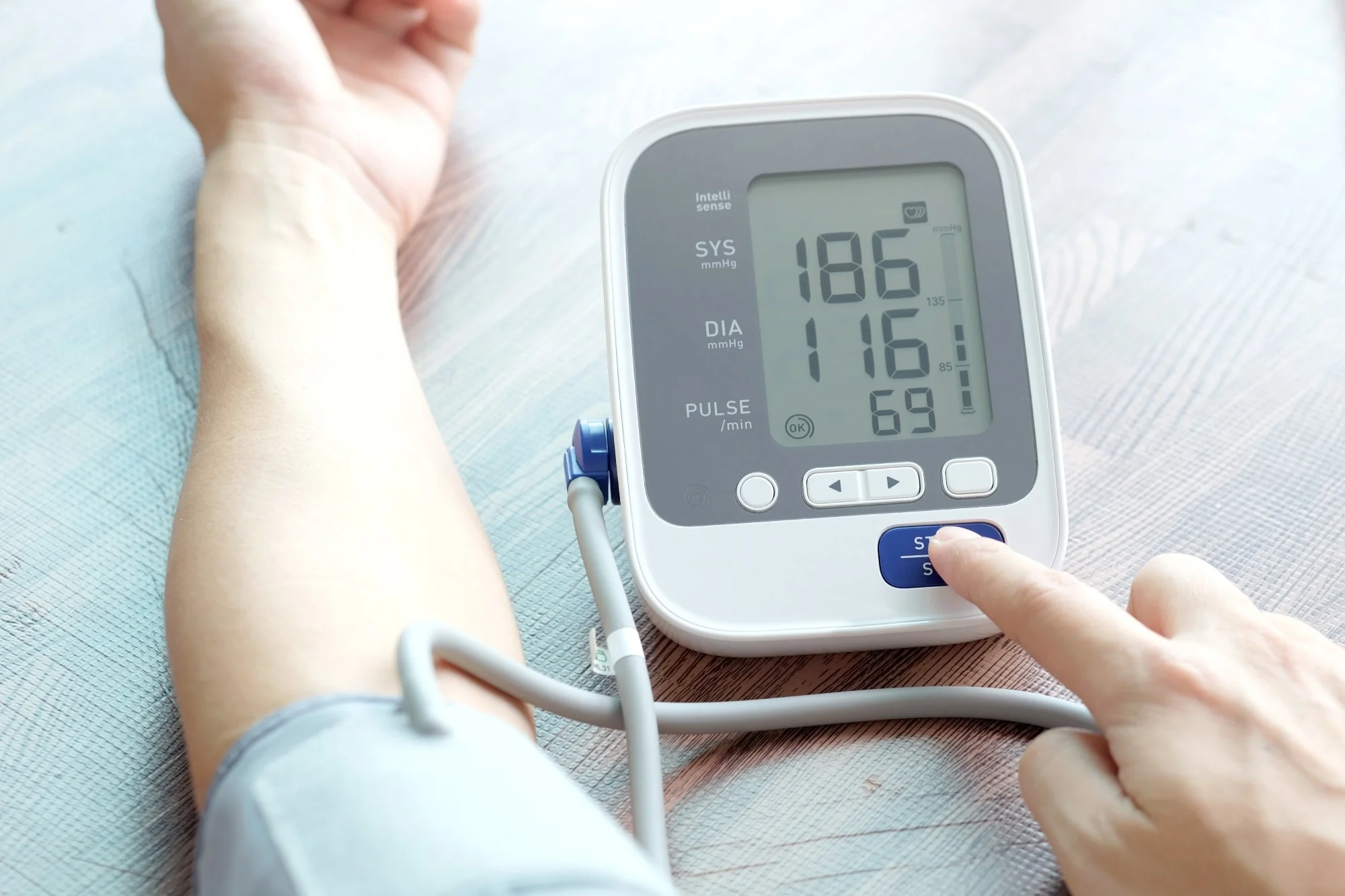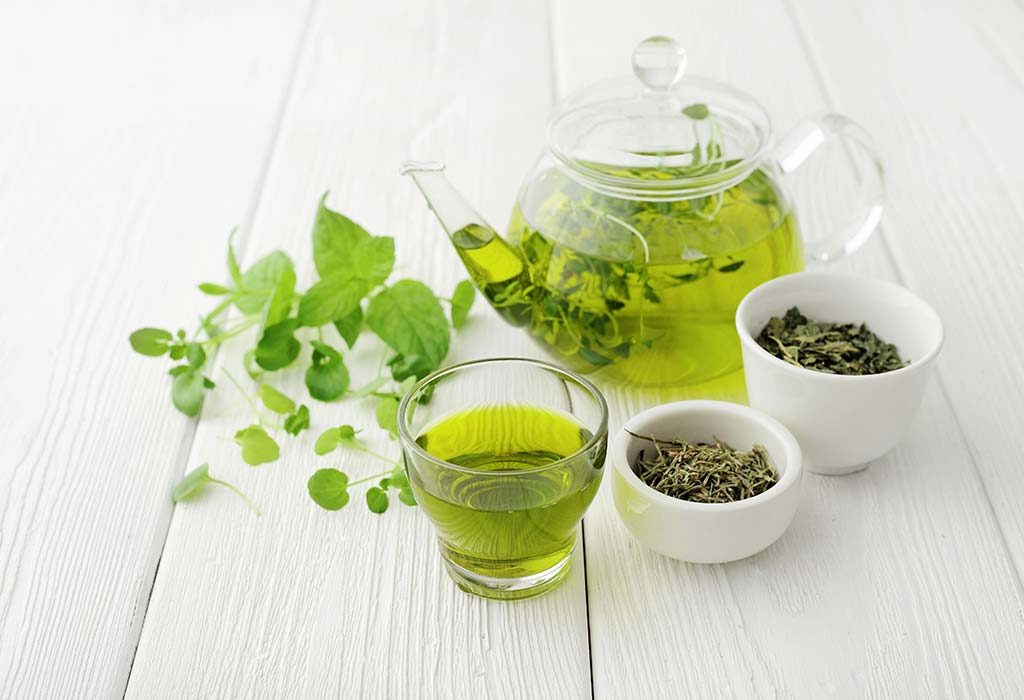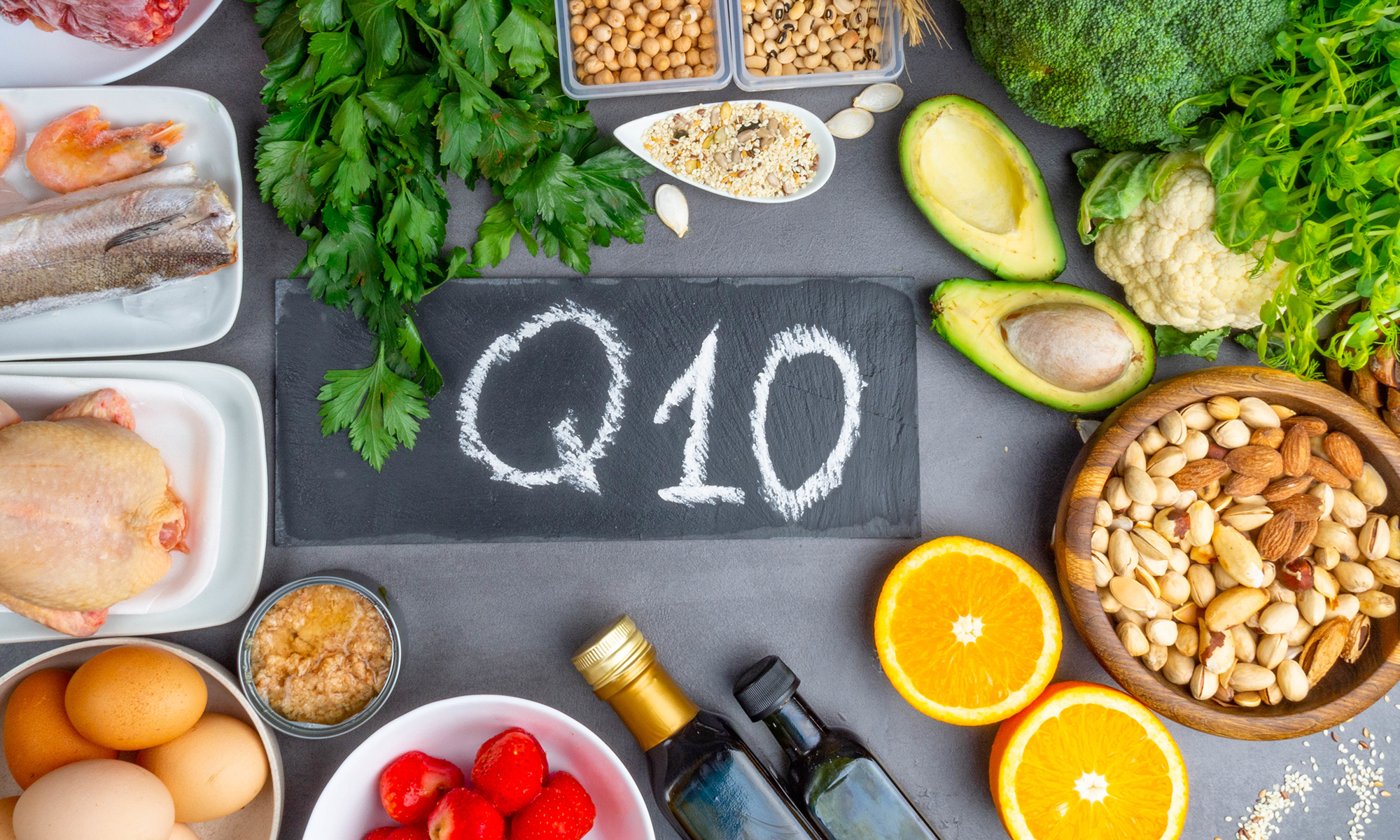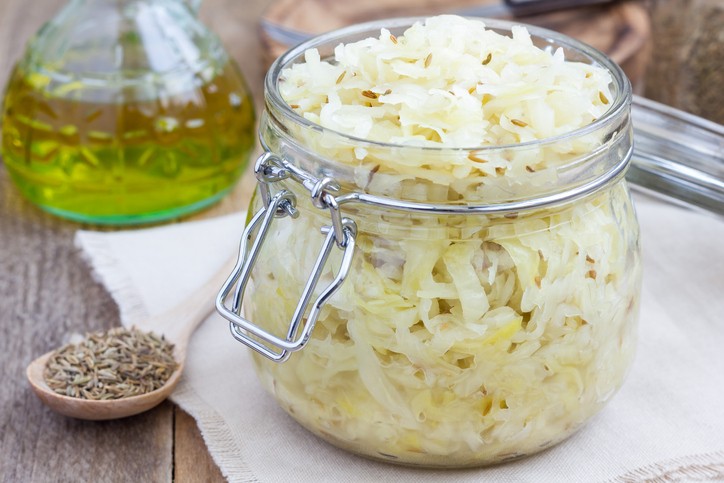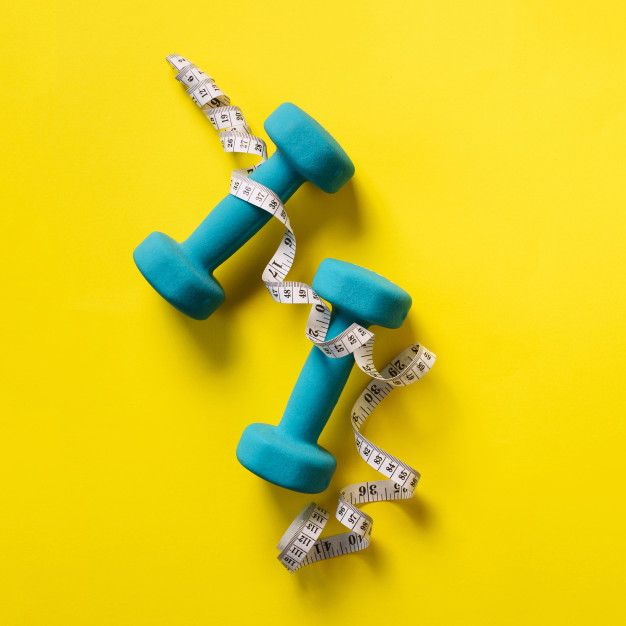Tips to Lower Cholesterol: Risk Factors, Tips & More.
Tips to Lower Cholesterol: Risk Factors, Tips & More
September is National Cholesterol Education Month. So, it’s a good time to reassess your diet and get your cholesterol checked and learn about tips to lower cholesterol! High blood cholesterol is one of the major risk factors for heart disease. Some researchers are now telling us that high LDL (low-density cholesterol) and low HDL (high-density cholesterol) are risk factors for cognitive decline, as well.1–4
But cholesterol isn’t all bad. In fact, it’s vital for building cell membranes, insulating nerves, producing vitamin D, hormones, and bile acid for digestion.
It even provides some antioxidant protection when your vitamin and mineral stores are low. Cholesterol is so important, in fact, that each cell is equipped with the means to synthesize its own membrane cholesterol, regulating the fluidity of those membranes when they are too loose or too stiff.5
However, it’s important to understand that your liver makes all the cholesterol you need. The rest comes from food. Saturated and trans fats cause your liver to make excess cholesterol, and when it builds up in the bloodstream, it can clog our arteries.
Continue reading to learn the risk factors that cause high cholesterol. In addition, you will learn about which foods to avoid, which to enjoy and how you can incorporate a healthy diet & lifestyle to reduce high cholesterol.
What You Need to Know About Cholesterol
What is cholesterol? Cholesterol is a waxy, fat-like substance found in all animal products (i.e., meats, dairy products and eggs). Cholesterol moves through the bloodstream as part of particles called lipoproteins.
Lipoproteins are transporters that carry fatty substances such as cholesterol in the bloodstream to the liver, the intestine and peripheral tissues. Lipoproteins are classified based on the thickness of the protein shell that surrounds the cholesterol. Low-density lipoproteins (LDL), also known as “lousy” cholesterol), are the primary transporters of cholesterol, and deposit excess cholesterol in the artery walls.
HDL cholesterol (HDL-C), known as the “good” cholesterol, transports cholesterol from the blood and artery walls to the liver. This is where it is converted to bile for digestion or excrete by the body.
When LDL levels get too high or HDL levels get too low, cholesterol builds up in the blood, forming artery-clogging deposits.5
Studies have found that regular aerobic exercise can both have a positive effect on cholesterol metabolism because it accelerates the transportation of cholesterol to the liver, which supports healthy arteries.6–7
Blood Lipids: The Numbers And The Facts
• Total cholesterol is the most common measure of blood cholesterol. It is measured in milligrams per deciliter (mg/dL) of blood. A reading below 200 mg/dL is desirable; 200-239 is borderline high, and 240 and above is high cholesterol and a high risk of heart disease.
• Triglycerides make up most of your body’s fat. Triglycerides in plasma are derived from fats eaten in foods or made in the body from other energy sources like carbohydrates. So, the calories you ingest in a meal that are not used immediately are converted to triglycerides and transported to fat cells to be stored. A reading less than 200 is normal; 200-400 is borderline high; 400-1,000 is high and above 1,000 very high.
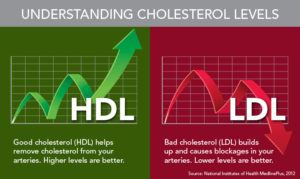
HDL
• HDL cholesterol is “good” cholesterol. The way to remember is to think “H” for hero. HDL helps carry cholesterol out of your body, including the cholesterol that is built up in the arteries. So, the higher your HDL number is, the healthier. Aim for 60 or above. A reading of 40 or less puts you at high risk for heart disease.
LDL
• LDL cholesterol is the “bad” cholesterol. Think “L” for lousy. LDL cholesterol helps deposit cholesterol into blood vessels. So, the lower number the better. Less than 100 mg/dL is optimal. Aim for 130 and below; 130-159 is borderline high, and 160 or above is high.
Supporting Healthy Cholesterol Levels
Abnormal cholesterol levels are one of the causes of atherosclerosis. Atherosclerosis diminishes the supply of blood to the heart and eventually leads to heart attacks. Atherosclerosis affects blood vessels throughout your body. It also contributes to angina (chest pain), intermittent claudication (pain caused by blockage of arteries in the legs), and stroke.
According to the guidelines set by the Expert Panel on Detection & Evaluation of High Blood Cholesterol in Adults, the best things you can do for supporting healthy cholesterol levels are:8
1. cut your intake of saturated fat and cholesterol
2. reduce your consumption of carbohydrates
3. exercise more
4. control your weight
A High Fiber Diet Helps Reduce Cholesterol Levels
It’s important to get at least 25 grams of fiber every day from fruit, vegetables or flaxseeds. A year-long study of 524 healthy adults examined those who consumed the most fiber.
More than 22 grams a day—were 66% less likely to have high levels of C-reactive protein. This is an indication of inflammation that contributes to cardiovascular disease.9
Fiber also helps reduce total cholesterol and triglyceride levels, while increasing HDL cholesterol levels.10
Soluble Fiber
Soluble fiber helps regulate blood glucose and lipid levels, and are found in these foods:
Oatmeal, rye, barley
Nuts and seeds
Legumes (peas, beans, and lentils)
Apples, oranges, pears
Root vegetables such as sweet potatoes, parsnips, beets, carrots and okra
Insoluble Fiber
Insoluble fiber can’t be digested. As a result, it gives bulk to the stool and helps sweep toxins and other undigested materials out of the body via the colon.
Foods packed with insoluble fibers include:
Whole-grain bread
Whole-grain breakfast cereals
Wheat and corn bran
Flax seed
Nuts and seeds
Vegetables such as green beans and ark green leafy vegetables
Foods For Heart and Brain Health Support
The best way to maintain a healthy heart and brain is to combine a healthy lifestyle with a diet rich in vegetables, fruits, whole grains, fiber and low-fat protein. In addition, getting regular exercise is also key. Here’s how:
1. Include one high-quality, low-fat protein each day, such as: fresh fish, turkey or chicken, low-fat beef, eggs, low-fat dairy products, soy protein, tofu products, legumes (beans and rice together make a complete protein), etc.
2. Fats are important! But it’s just important to know which fats to eat and which not to eat. Eat cold-pressed olive oil on your salad and cook with olive & avocado oil (best for high heat). In addition, make sure to eat avocados, soy or nut cheese, and goat cheese in moderation. You naturally obtain plenty of fat through foods like seeds and nuts, and low-fat dairy products so maintain a watchful eye. And stay away from saturated fats such as butter. There’s lots of saturated fat in meat and dairy, so cut down on these types of foods.
3.Eat a whole foods and a high-fiber diet including lots of colorful fruits and veggies, which contain heart-healthy flavonoids. Not to mention, these micronutrients—found only in plants—act as blood thinners and antioxidants that protect blood cells from disease.
4. Reduce your intake of carbohydrates! Carbohydrates, especially sugars and starchy food, convert to glucose rapidly, triggering increases in insulin levels. Not only will it make you fat but insulin is highly atherogenic (causes atherosclerosis).
5. Add garlic, flaxseed oil and cold-water/deep sea fish to your diet to maintain healthy cholesterol levels.
6. Take resveratrol, grape seed extract, CoQ10 and omega 3 fatty acids to support cardio and artery health.
Additional Ways to Support Brain & Heart Health
1. Stop smoking!
2. And don’t forget to drink at least 8-10 glasses of water to keep your body hydrated and to flush out toxins.
3. Start an exercise program and stick with it. Begin at a beginner’s level. Low to moderate intensity in the beginning enhances enjoyment and reduces likelihood of injury.

